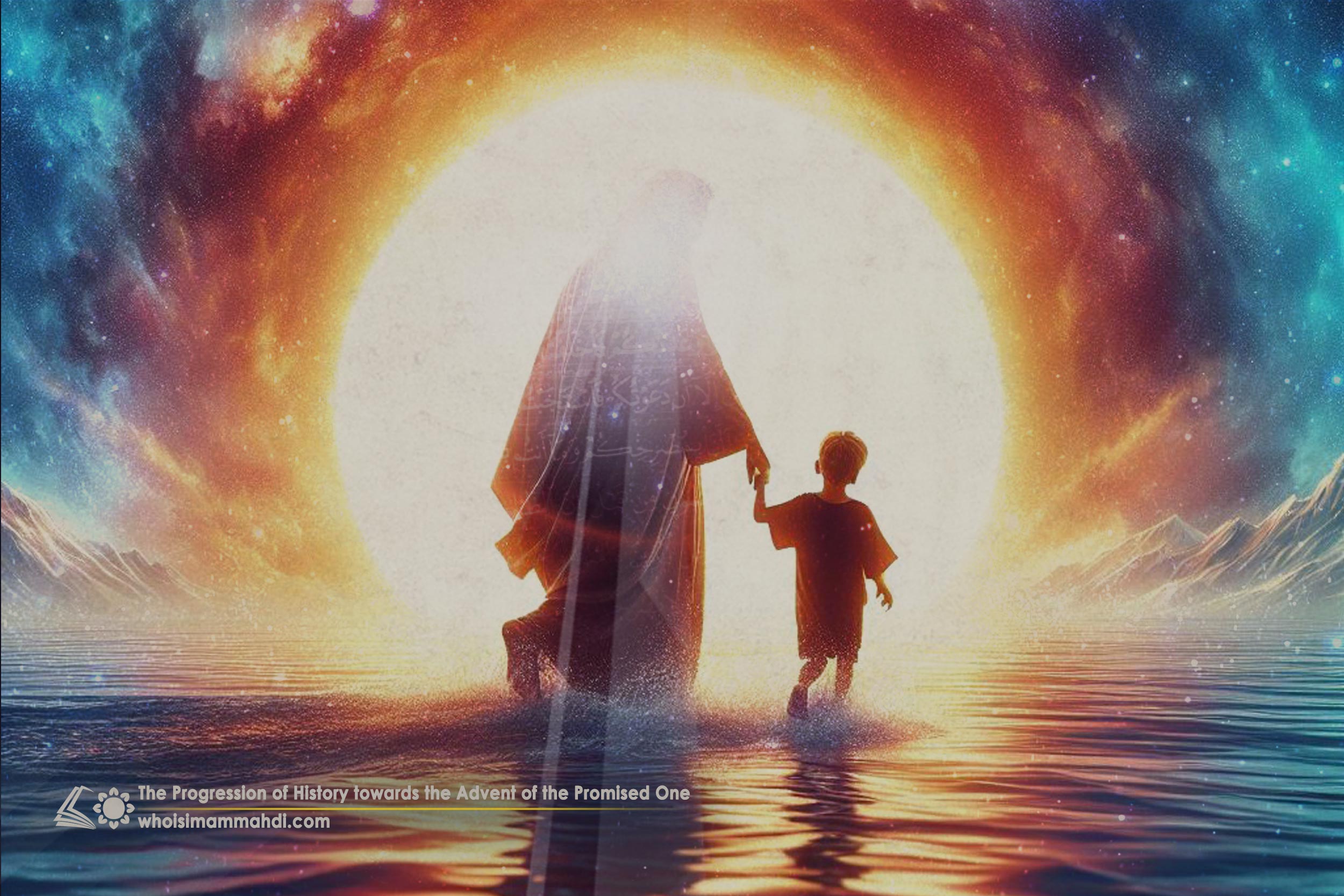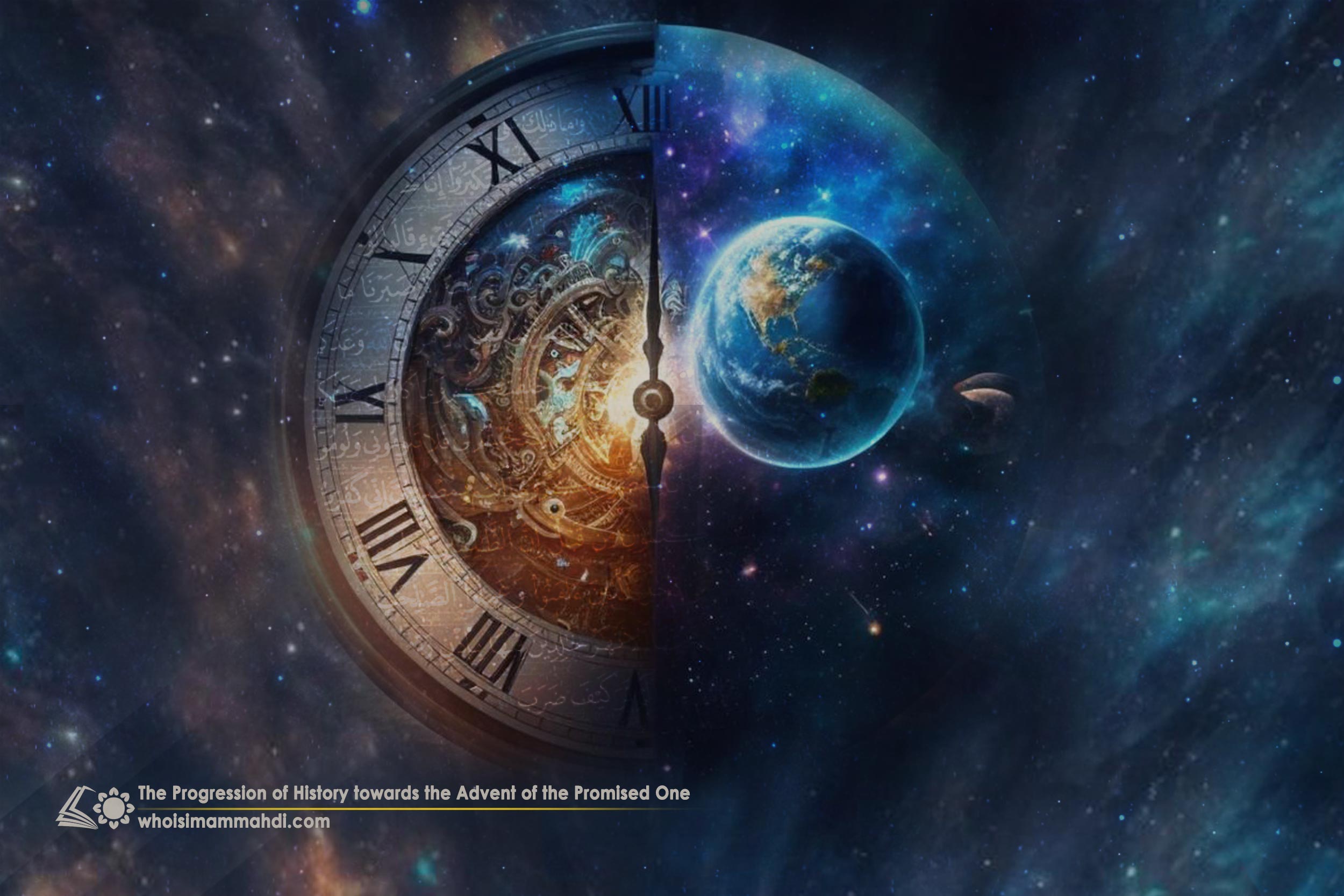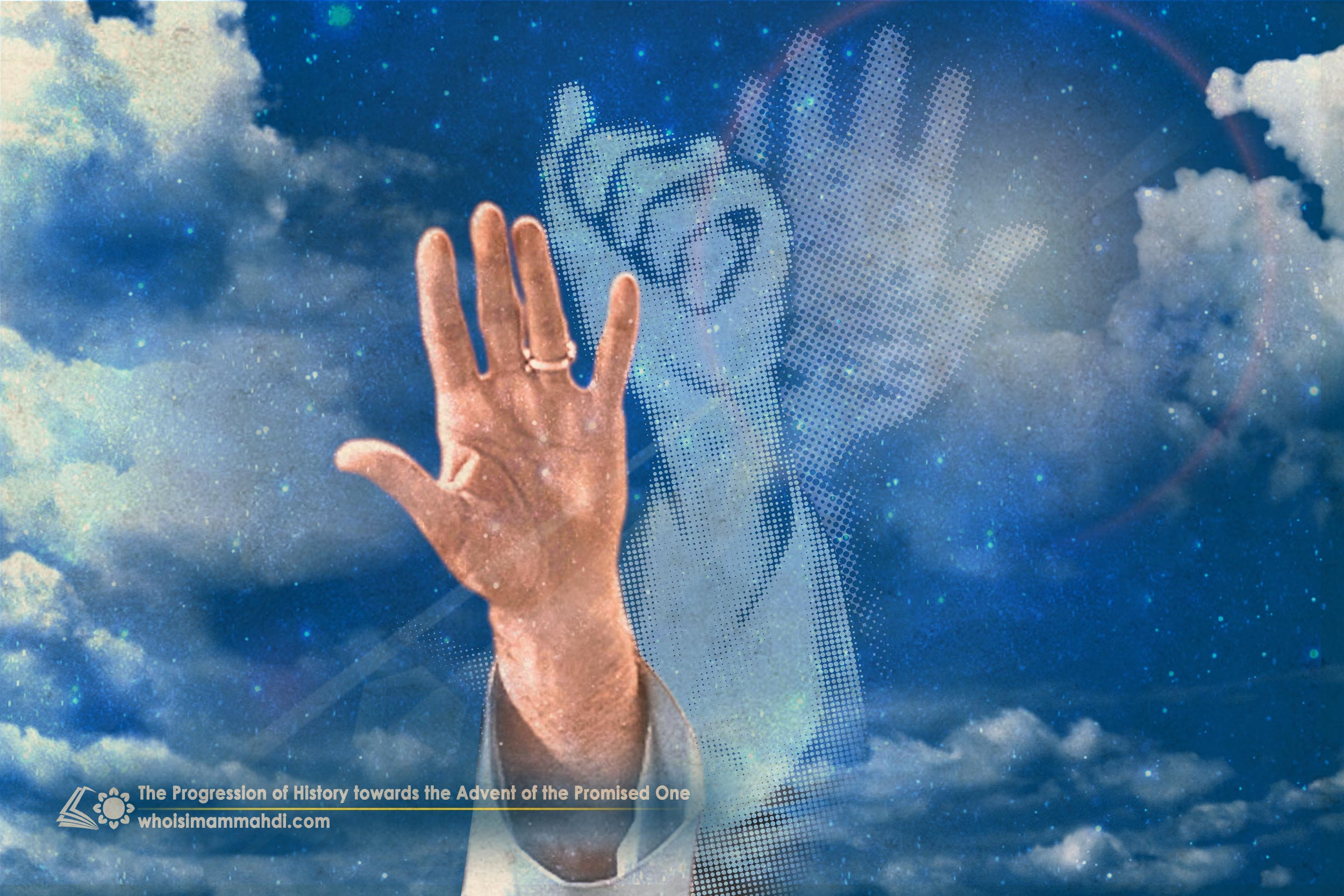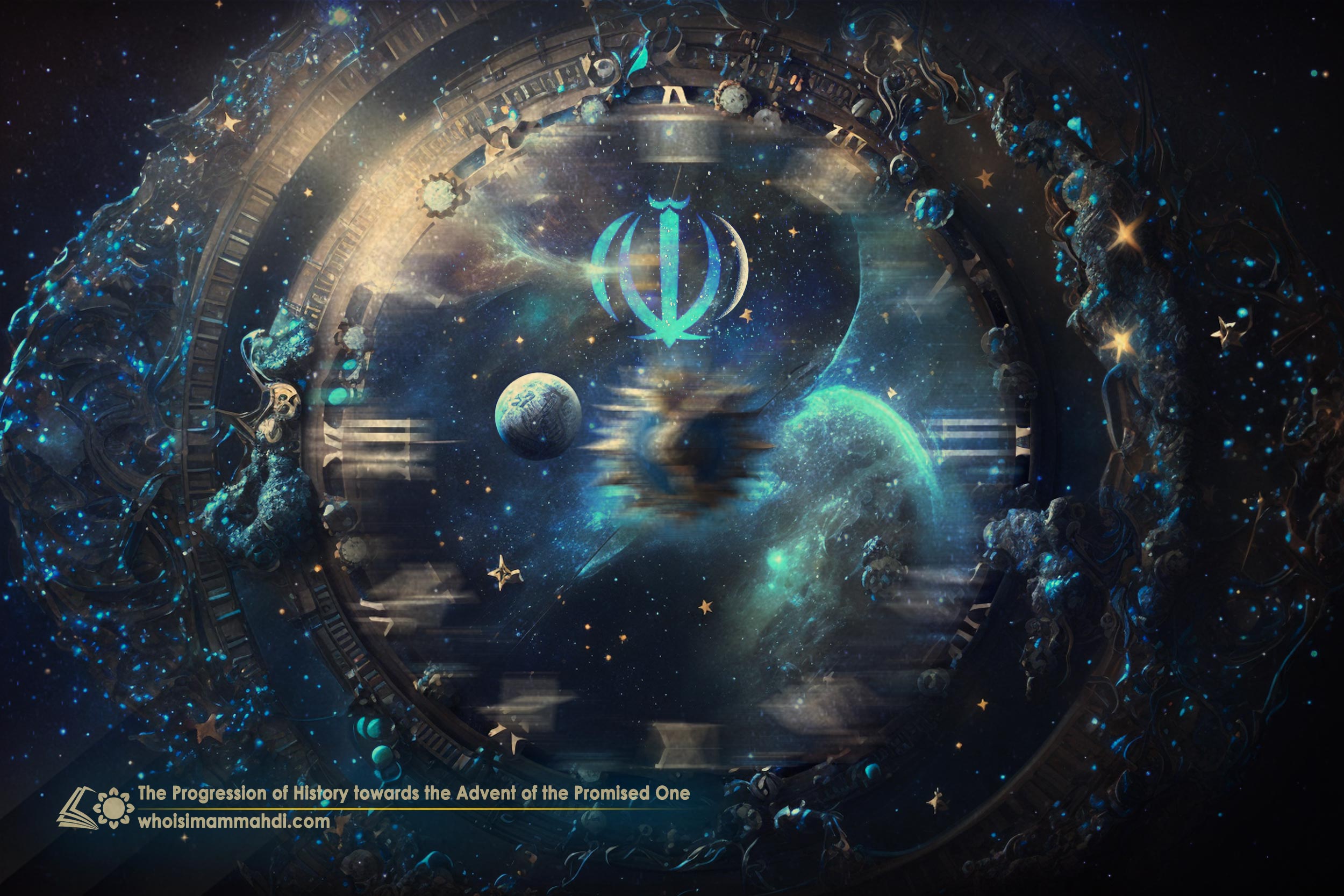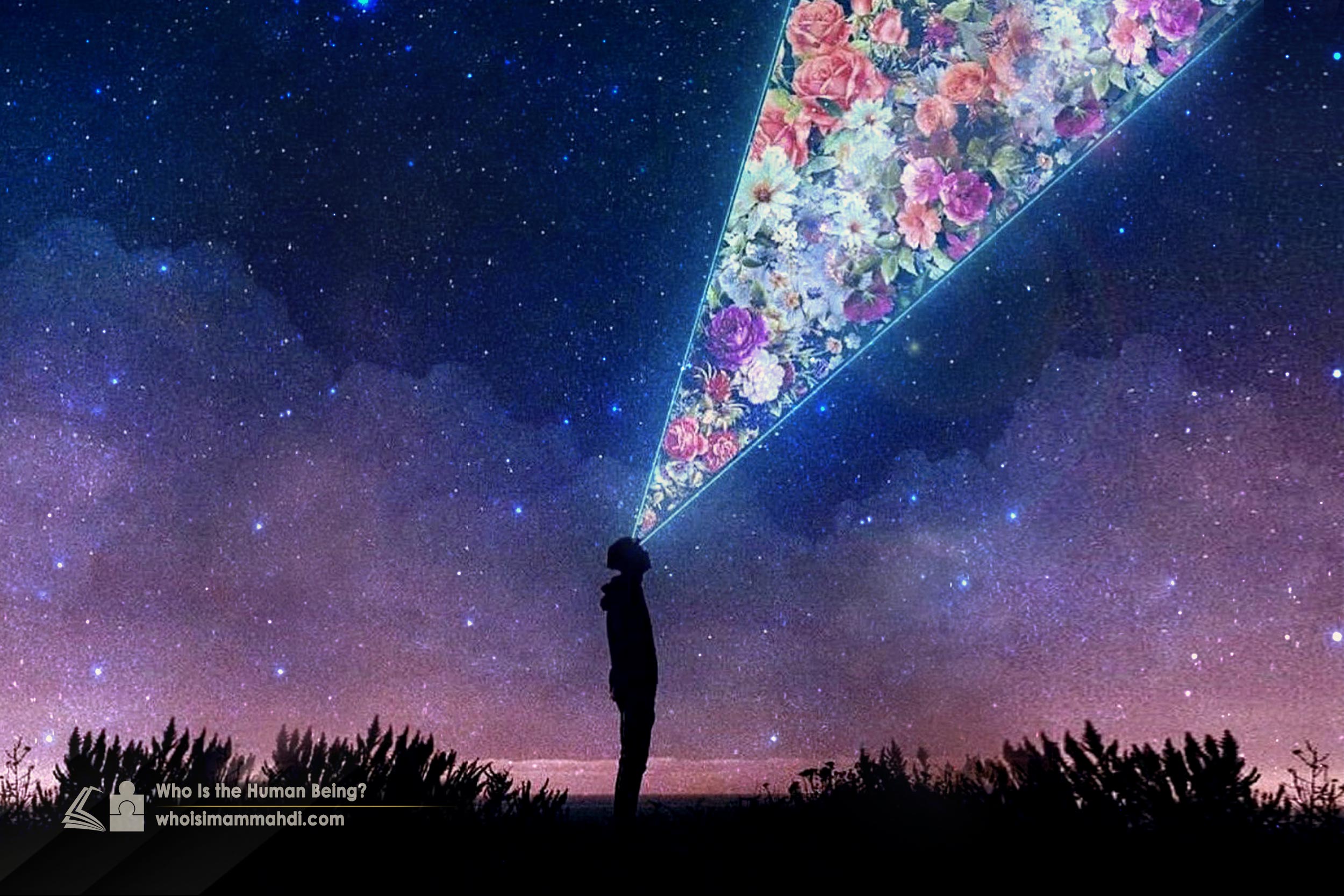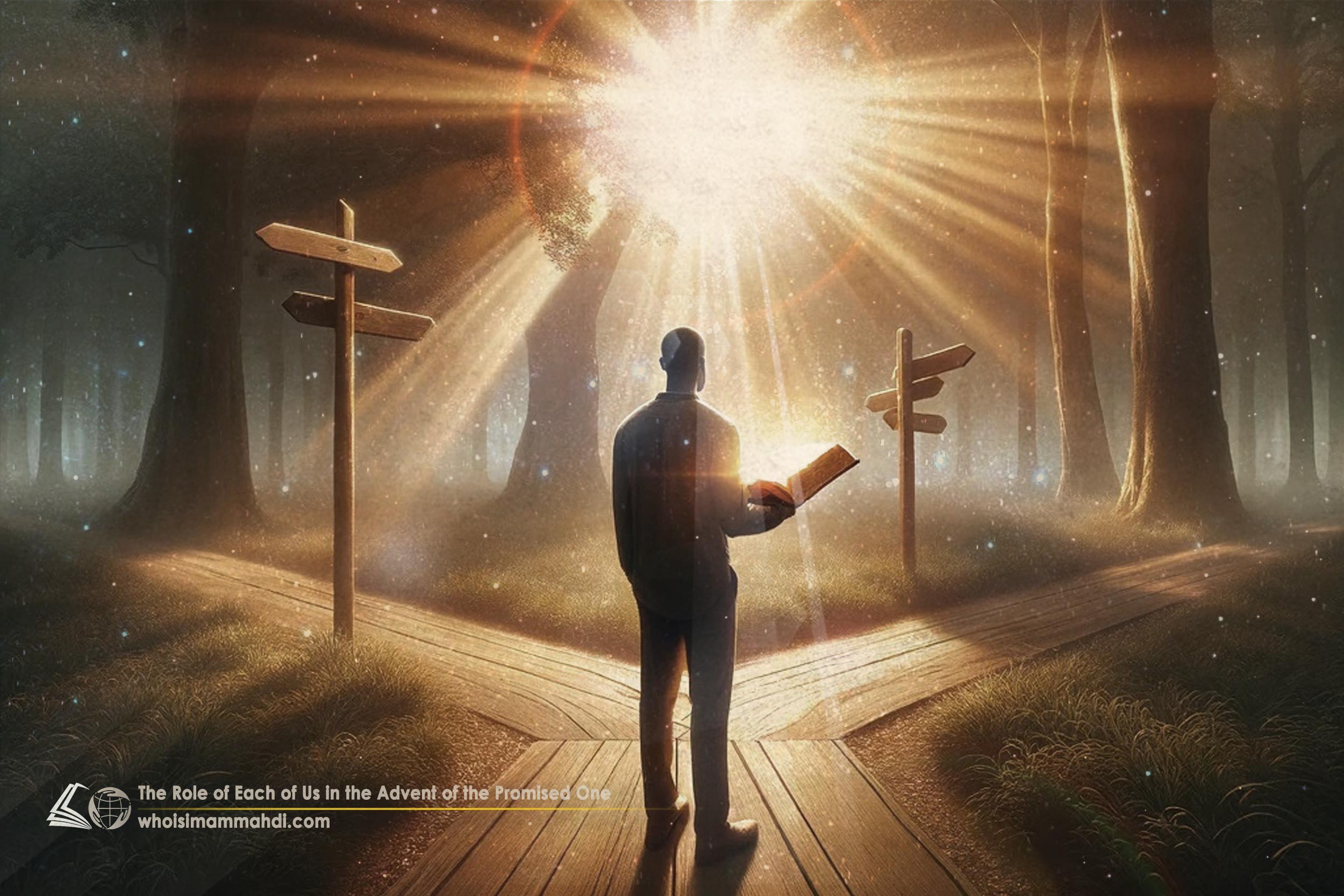Examining the Concept of Human Desire for Infinity and Its Relationship with the Infinite Being
Where does our humanity come from? Why is the human being the noblest creation? What are the differences and commonalities between the human being and other created beings? In previous sections, we discussed various dimensions and levels of the soul and knew the origin of our desires and inclinations. We learned that our fondness for luxury and extravagant items is rooted in our inanimate dimension, and our tendency towards beauty, having children, gaining physical strength, and other vegetative perfections is because of our shared characteristics with plants. Our animal dimension drives us to get married, engage in social and political activities, and acquire other animal perfections. In the intellective dimension, we also have some shared qualities with angels, like the desire to acquire knowledge and make changes in nature. So none of these desires and inclinations make us human. Our humanity is related to a level known as the “supra-rational” or “supra-immateriality” dimension, which is unique to us; it is the very level that makes us the noblest creation, making us superior to other beings.
There are boundaries and limits in the immaterial level, where rational laws govern human existence. For instance, two times two is always four; without being more or less than that. This is because the intellect has defined limits and boundaries. However, the supra-rational dimension pushes back boundaries and is incompatible with any limitations. In other words, in our supra-rational dimension, we have endless desires, and the desire for infinity and perfection governs our existence.
The desire for infinity is a state of the human soul that can be understood directly. To understand the desire for infinity, look at your wish list. How many unfulfilled desires do you have that you long to satisfy? Have you ever fulfilled a desire, only to find that it did not turn out as you expected? How much wealth do you think we need to achieve all our dreams? How many clothes do we need to satisfy our desire to look beautiful and attractive? If we buy the most expensive and state-of-the-art car in the world, could we honestly say that we would never crave another new car? If we achieve the highest academic levels, would we stop learning?
Experience has shown that human desires have no end. No matter what level of inanimate, vegetative, inanimate, and intellective perfections we have achieved, we still desire to acquire more possessions and perfections, take a step forward, and go to a higher level. You might say that you are not an ambitious person, and having basic needs met is enough for you; yes, that might be true. At the beginning, we all think in the same way, but once our first dream comes true and we savor its pleasure, the dormant desire for infinity and perfection is awakened within us and drives us to strive for greater pleasures and success. In order to satisfy our desires, we may even put our lives in danger or bring disgrace on ourselves and others. But what exactly is the desire for infinity, and where does it come from?
The Laws of Desires
In discussions about the desire for infinity, the concept of ‘desire’ is a key point. There are five laws of desires:
First, it is impossible to desire absolute non-existence. We never desire something that does not exist. Therefore, if we desire something, it means the desired thing exists so that it can create a desire in us: Desiring is a real matter, not a mental or abstract one.
Second, desiring something indicates compatibility with that thing. If we are not compatible with something, we will never have a desire for it. For example, you would never crave eating tissue papers or wood because your taste is not compatible with these materials.
Third, we never desire something we do not know, for example, if we crave eating fruit, it is because we know what fruit is and have knowledge about its essence.
Fourth, the desire for something indicates the previous use of that thing. If we have not used something before, we do not have any desire to have it. For example, if a fruit is native to a country and we have never seen or heard of it before, we will never crave eating it. We only desire to eat fruits that we have tasted before.
Fifth, the desire for something indicates we have the capacity to have it. If there is no capacity, there is not any desire either. For example, if we are full up, the desire for food is not created in us. But, as soon as we get hungry and have the capacity to eat food, the desire for food arises in us.
Based on the points we have discussed, our desire for infinity indicates that an Infinite Being exists; we are compatible with Him; we know Him; we have lived with Him before and benefited from Him; we have the capacity to reach Him. A question arises here: “Who is this being?”
Who Is the Infinite Being?
The whole universe is a unified, infinite, and boundless existence. There is nothing called non-existence. If non-existence existed, it would no longer be non-existence. In fact, nothingness, zero, or non-existence are merely used as a convention to examine concepts in mathematics. Existence is indivisible; it has no holes. It means we cannot imagine two or more existences because in that case there would be a distance between them. This distance cannot naturally be filled with non-existence because non-existence does not exist; if it is filled with existence, it is the continuation of the same existence.
Another point about existence is that existence has no beginning. If we consider a point as the beginning of existence, there must have been either existence or non-existence before that point, and it is self-evident that existence cannot come into being from non-existence. Therefore, existence is pre-eternal,[1] and it has not started from anywhere. The same reasoning applies to the end of existence; that is, existence has no end because if existence were to end at a certain point, then after that, there must be non-existence, and as we mentioned before, non-existence does not exist.
Since existence is infinite, nothing goes outside of it. If something goes outside of existence, either it enters another existence that is the continuation of the same existence, or it enters non-existence, which does not exist at all. Since existence is infinite, it is self-sufficient too because need implies a requirement that must be fulfilled from outside. Therefore, as we stated, nothing goes outside of existence. It means there is nothing outside of existence that existence would need.
So far, we have learned about some characteristics of existence that are as follows: Existence is infinite; it is just one; it has no beginning or end; nothing goes outside of it; it does not need anything. As you know, we have extracted all these characteristics from within ourselves, and we did not use any scientific or religious sources to understand them because understanding existence is fundamentally an internal understanding and all human beings at any level of knowledge can understand it. What we understood about existence is mentioned in a chapter of the Quran called Surah Al-Tawhid, and it is referred to as Allah. Surah Al-Tawhid is God’s ID card and introduces Him in this way:
“Say, He is Allah, the One.” The Infinitely Perfect Being that you are in love with is just One.
“Allah is He on Whom all depend.” That Infinitely Perfect Being is completely Self-Sufficient too.
“He begets not”; God does not manifest Himself outside of His essence. Nothing exits Him; or in other words, nothing goes outside of Him.
“Nor is He begotten”; no one brings God into existence; no one has created God.
“And none is like Him.” He does not have any partners, and there is no one who is equal in rank with Him.
In fact, Surah Al-Tawhid does not teach us anything new; rather, it reminds us of things we already know. Thus according to God, the Quran and the Prophet are reminders; it means the Prophet has not brought anything new, but he is the reminder of concepts that are ingrained in our soul and fitrah,[2] and the mathematical structure of our existence testifies to their authenticity.
Considering what we have stated so far, we all inherently love God, and the very Infinite Being we seek is “Allah.” The desire for infinity, union with Him, and connection with Him exist within all individuals. However, some people wrongly identify what represents that infinity, and as a result, they seek infinity in material things. For example, they think if they have unlimited wealth or power, they will be happy and find inner peace. However, that will never happen because material possessions, no matter how abundant they are, are still limited, and a limited perfection can never calm the infinite soul of the human being. Of course, this does not mean that seeking material things is bad. In fact, material perfections are valuable and sacred in all aspects, and no one has the right to prevent individuals from seeking these perfections. However, the key point is setting priorities. It is important that material perfections must not dominate our hearts, and “Allah,” as the Beloved of our human dimension, must rule over all dimensions and levels of our existence. Only then, we will live a truly human life in this world and have an eternal life full of bliss in the hereafter.
Another important point in our discussion about the desire for infinity, which we have referred to in the laws of desires, is that we have the capacity to reach infinity. Our desire for infinity and our desire for the Infinite Being, i.e., “Allah,” indicates that we potentially have the capacity to reach Him. In the next articles, we will discuss how we have been given this capacity and how we can reach “Allah.”
In this article, we delved into the supra-rational dimension of human existence that is the source of his desire for infinity and perfection. We discussed the laws of desires and learned that the human desire for infinity indicates the existence of an Infinite Being with whom the human being has compatibility; he has lived with Him; he potentially has the capacity to reach Him. We also learned that the very infinite being that the restless soul of the human being seeks to reach has only one manifestation, and it is just “Allah.” Now that we have learned these points, some questions arise:
- What does it mean that the human being is compatible with God?
- Where has the human being lived with God to know Him now?
- What does it mean that the human being has the capacity to reach God?
We will answer these questions in the next articles.
[1] . Azali
[2]. Pure primordial nature



